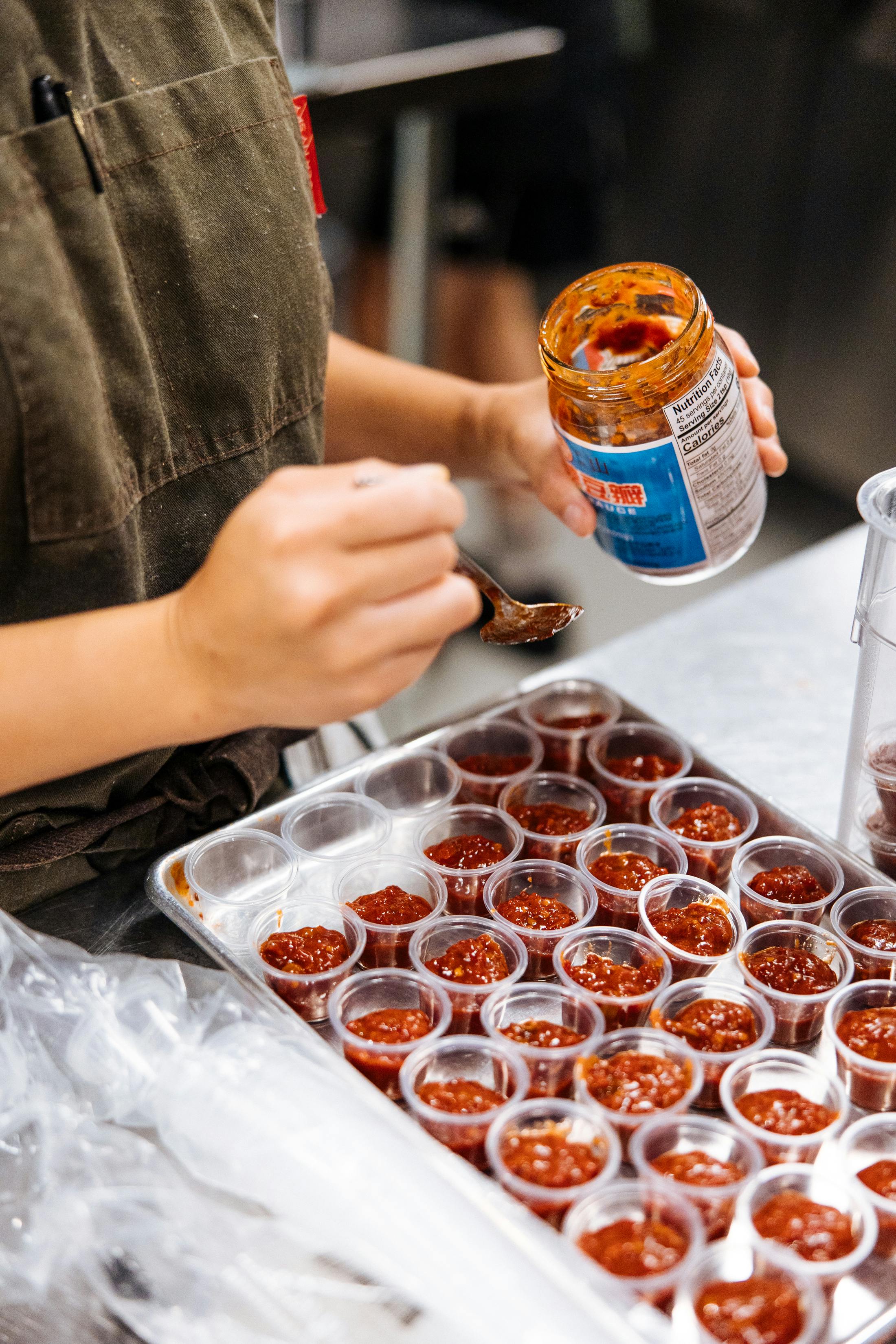Opening a restaurant in Australia is an exciting venture. Data reveals that the Australian foodservice market generated a total revenue of AUD 97.8 billion in 2023, demonstrating the sector’s robust growth. However, navigating the various licences and permits required to operate legally and successfully can be daunting. That’s why understanding the legal landscape is key to operating your business smoothly and avoiding hefty fines.
From business registration to food safety, each licence and permit serves a specific purpose and is issued by different authorities. Compliance not only protects your business but also ensures customer safety and satisfaction. This guide will walk you through the essential licences and permits needed to open a restaurant in Australia, providing a solid foundation for your new venture.
Understanding the Necessary Licences and Permits
Starting a restaurant involves securing various licences and permits for different aspects of the business. Below are some of the key requirements you need to know, including what they are, who issues them, and why they are important.
1. Business Registration
An Australian Business Number (ABN) is essential in operating any business in Australia. The Australian Taxation Office (ATO) issues this unique 11-digit identifier, which is necessary for tax purposes, invoicing, and various business activities. You can apply for an ABN online through the Australian Business Register website.
Additionally, if you plan to operate under a name different from your personal name, it is also necessary to register your business name with the Australian Securities and Investments Commission (ASIC). This registration ensures your business name is unique and legally protected. Applications can be completed online via the ASIC Connect portal.
2. Food Business Registration
Registering your food business with your local council ensures compliance with health and safety regulations. This process involves meeting standards for food handling, storage, and preparation to protect public health. Each council has specific requirements; be sure to consult with them directly. Find your local council and submit your applications either online or in person.
3. Food Safety Supervisor Certificate
Most Australian states require at least one certified Food Safety Supervisor (FSS) in a food business. This individual oversees food handling practices and ensures compliance with food safety standards. The certificate can be obtained by completing an accredited training course recognised by your state’s health department.
4. Food Act Compliance
The Food Act 2003—along with its equivalents in other states, such as the Food Act 1984 in Victoria and the Food Act 2006 in Queensland—regulates food safety and hygiene standards to protect public health. Key requirements include maintaining a food safety program, training staff in food safety practices, and adhering to strict hygiene standards. To ensure full compliance with these regulations, you can review your state’s health department website for detailed guidelines.
5. Liquor Licence
To serve alcohol in your restaurant, you need to obtain a liquor licence. The requirements and application process vary by state. In New South Wales, you can apply through Liquor & Gaming NSW, while in Victoria, applications are handled by the Victorian Commission for Gambling and Liquor Regulation (VCGLR). The process usually includes background checks and premises inspections to ensure compliance with state regulations.
6. Development Approval
Before building or renovating your restaurant, you need development approval from your local council. This step verifies that your plans comply with local zoning laws and building codes. Submit a Development Application (DA) detailing your proposed changes. The council will review your application and either approve it or request modifications.
7. Building and Fire Safety
Any structural changes to your premises require building permits, which confirm compliance with the Building Code of Australia (BCA). Apply through your local council with detailed construction plans. Inspections will be conducted at various stages of the construction process.
Meanwhile, fire safety regulations mandate restaurants to have adequate fire protection measures, including extinguishers, smoke detectors, and clear exit signs. The local fire authority typically oversees compliance and may conduct inspections to issue a certificate.
8. Health and Safety Regulations
Compliance with Occupational Health and Safety (OHS) regulations involves conducting risk assessments and implementing safety measures to prevent workplace injuries. You can use resources and guidelines from Safe Work Australia to ensure your restaurant meets all legal safety standards.
9. Signage Permits
Installing signage for your restaurant requires approval from your local council. Regulations vary, but generally, you’ll need to submit an application detailing the size, design, and location of the signage. Approval ensures the signage meets local standards and doesn’t pose any safety risks.
10. Music and Entertainment Licensing
Playing music in your restaurant requires a licence from the Australasian Performing Right Association (APRA) and the Australasian Mechanical Copyright Owners Society (AMCOS). This licence covers the public performance of copyrighted music. You can apply online through the APRA AMCOS website.
Additional permits or licences may be required for live music or other forms of entertainment. Check with your local council and relevant music licensing bodies to ensure compliance with all regulations.
Your Restaurant Journey Starts Here
Compliance with all the necessary licences and permits is a vital part of opening a restaurant in Australia. While it requires a lot of work, this process secures your legal standing and guarantees a safe and welcoming environment for your customers. By understanding these, you’re one step closer to turning your culinary dreams into reality. Chef Collective is here to support you every step of the way. We offer commercial kitchens designed to ensure your success, providing versatile spaces for all your needs. With our state-of-the-art facilities and dedicated assistance, you can simply focus on creating exceptional culinary experiences. Discover the benefits of joining Chef Collective and make your restaurant journey in Australia a successful one!
